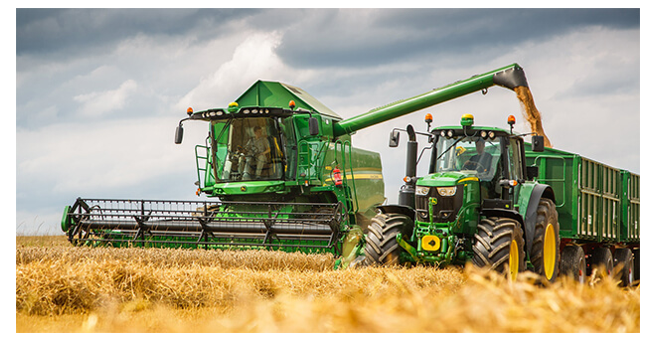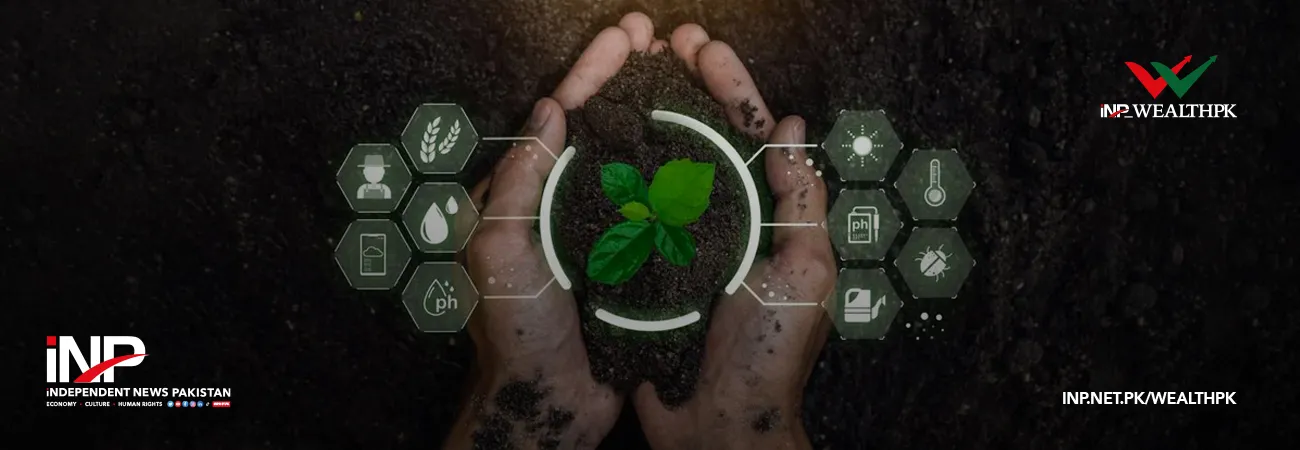INP-WealthPk
Arooj Zulfiqar

Experts have highlighted the necessity of integrating high-tech equipment into Pakistan's agricultural sector to fortify agricultural resilience amid escalating climate challenges. They were speaking in a recent dialogue on tackling looming food insecurity in Pakistan. Dr Abid Qaiyum Suleri, Executive Director of the Sustainable Development Policy Institute (SDPI), highlighted the urgent need to revisit the existing food security policy. He noted that climate change had significantly disrupted food production, consumption, and storage patterns, necessitating a shift in focus from mere food security to sustainable, low-carbon food supply chains. "The global complexities we face demand that we adopt such policies that ensure sustainable production and consumption," Qaiyum stated. On the occasion, Qasim Ali Shah, Deputy Executive Director of SDPI, pointed out that nearly 19% of the population was currently undernourished, with 42% facing moderate or severe food insecurity. Muhammad Tariq, Senior Scientific Officer at the National Agriculture Research Institute (NARC), said incorporating high-tech equipment into the agricultural sector remained a critical challenge that must be addressed to improve these figures.
He said the seminar aimed to kick-start discourse on the national food security policy and explore the potential for its review to better incorporate advanced agricultural technologies. "The adoption of precision agriculture tools, such as GPS-guided tractors, drones for crop monitoring, and automated irrigation systems, can significantly enhance productivity and resource efficiency," Tariq explained. He argued that these technologies can help farmers make data-driven decisions, reduce wastage of inputs like water and fertilizers, and ultimately lead to higher yields. "In the context of climate change, where weather patterns are becoming increasingly unpredictable, such technologies provide farmers with the tools they need to adapt and thrive," he added. Dr Saleem Mohsan, an agronomist with the Ministry of Food Security and Research, said that the national food security policy should be tailored to the specific landscapes and ecological zones of each province, with clear policy recommendations and implementation strategies.
"We must first focus on increasing food availability in the short-term and then improve quality and soil health in the long-term," Saleem advised. "Government incentives, training programmes, and infrastructure development are critical to ensure that small and medium-sized farmers can access and effectively utilise high-tech equipment," Saleem noted. He highlighted that without such support, there is a risk that technological advancements could widen the gap between large agribusinesses and smallholder farmers, exacerbating existing inequalities. "A well-structured policy that promotes inclusive growth and ensures equitable access to technology can transform Pakistan's agricultural landscape, making it more resilient and sustainable in the face of ongoing climatic and economic challenges," Saleem noted.
Credit: INP-WealthPk













